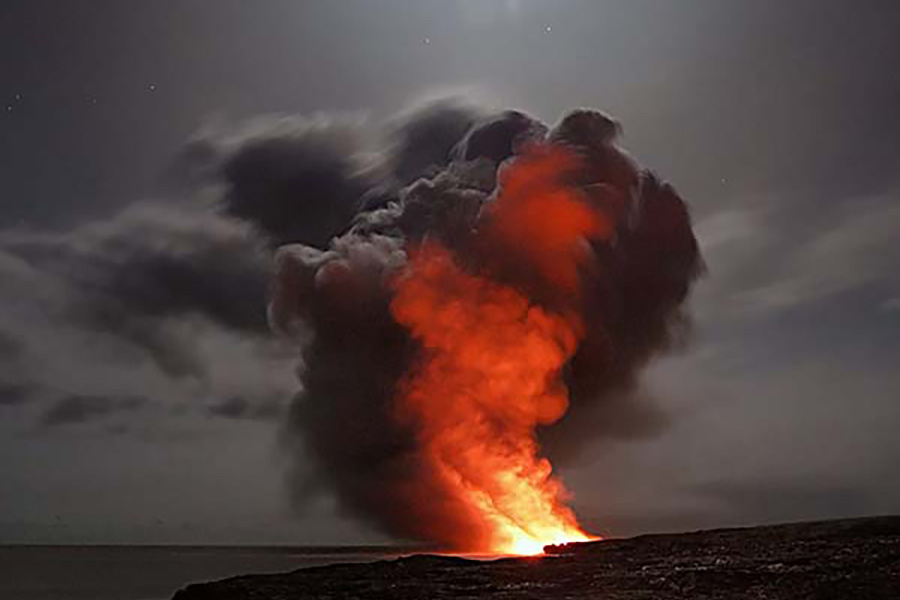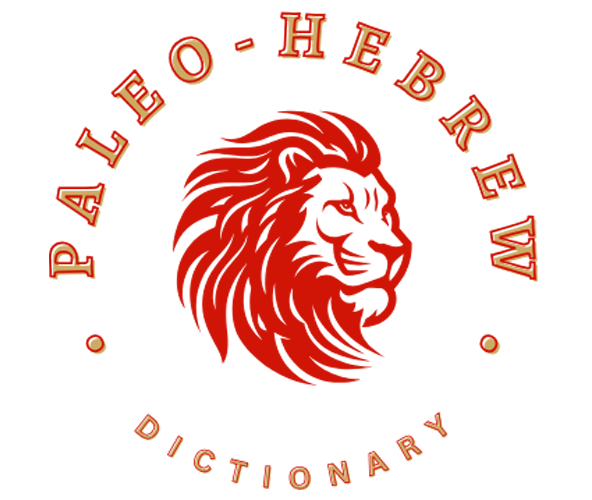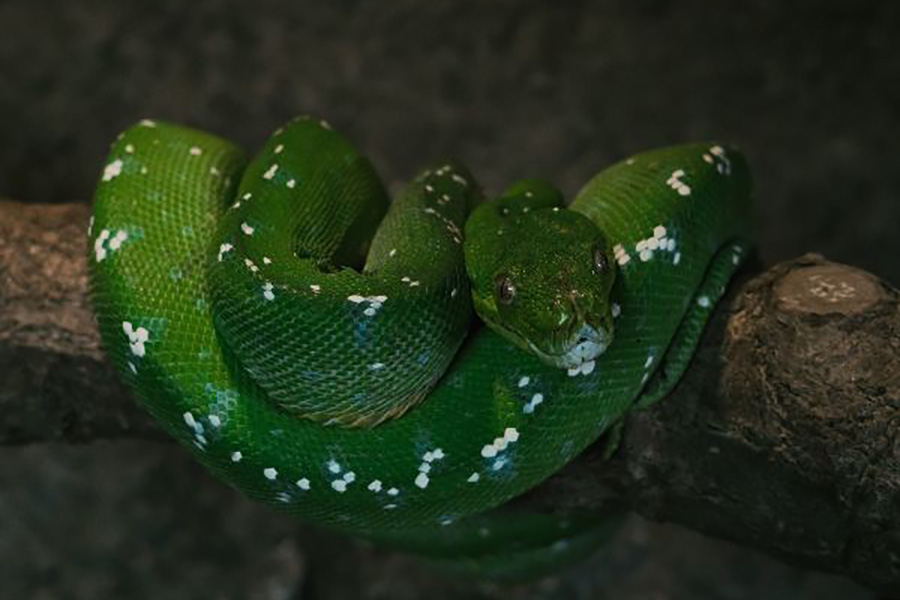The word hauah (𐤄𐤅𐤄) means “calamity” meaning a great misfortune or disaster, as a flood or serious injury.
The Paleo-Hebrew language or the original language of the Ābarayam is one spoken with an emphasis on the rauakh (breath, wind, spirit). With the language of the Ābarayam, each letter has a meaning and a number associated with it that adds meaning to each word they’re used with. Below you will be able to learn more about the letter in Ancient Hebrew, Yiddish Hebrew, Greek, and much more.
Letter Meanings
| Letter | Meaning |
|---|---|
| 𐤄 (h) – ha | Look, Behold, The, Reveal, breath (life), man Prefix: the, this |
| 𐤅 (u) – ua [ýa] | Nail, tent peg, hook, to secure, connect, Messiah |
| 𐤄 (h) – ha | Look, Behold, The, Reveal, breath (life), man Suffix: to, toward, in the direction of, -ward, her, feminine form, it |
| Ābarayat Number | |
| Hebrew Gematria | |
| English Gematria | |
| Simple Gematria |
Based on the meaning of the letters the word could be defined as:
- “behold a connection of man”
- “behold a connection of breath (life)”
- “behold Messiah of man”
- “reveal a Messiah of breath (life)”
- “reveal Messiah of man”
- “breath (life) to connect man”
- “ breath (life) to connect breath (life)”
- “breath (life) to secure man”
- Combines Ha and Uah
Definitions for 𐤄𐤅𐤄 / hauah
| Language | Word | Transliteration | Pronunciation | Definition |
|---|---|---|---|---|
| Ābarayat | 𐤄𐤅𐤄 | hauah | haoo-ah | breathe, to fall, to be |
| English | calamity | calamity | kuh-lam-i-tee | a great misfortune or disaster, as a flood or serious injury. |
| Hebrew | הַוָּה | havah | haw-vaw’ | breathe, to fall |
| Arabic | مجرفه مصيبة | mujrifah musiba | moo-jaw-ref-aw moo-see-baw | shovel |
| Greek | σύντριμμα | suntrimma | soon-trim’-mah | crushing, destruction, calamity |
Images for 𐤄𐤅𐤄 / hauah



Alternative Spellings
Due to possible mistranslations of the word an alternative spelling of the word is:
Ancient Egypt: Heh (Huah)
Ḥeḥ (ḥḥ, also Huh, Hah, Hauh, Huah, and Hehu) was the personification of infinity or eternity in the Ogdoad in ancient Egyptian religion. His name originally meant “flood”, referring to the watery chaos that the Egyptians believed existed before the creation of the world. The Egyptians envisioned this chaos as infinite, in contrast with the finite created world, so Heh personified this aspect of the primordial waters. Heh’s female counterpart was known as Hauhet, which is simply the feminine form of his name.
Like the other concepts in the Ogdoad, his male form was often depicted as a frog, or a frog-headed human, and his female form as a snake or snake-headed human. The frog head symbolized fertility, creation, and regeneration, and was also possessed by the other Ogdoad males Kek, Amun, and Nun. The other common representation depicts him crouching, holding a palm stem in each hand (or just one), sometimes with a palm stem in his hair, as palm stems represented long life to the Egyptians, the years being represented by notches on it.
Depictions of this form also had a shen ring at the base of each palm stem, which represented infinity. Depictions of Heh were also used in hieroglyphs to represent one million, which was essentially considered equivalent to infinity in Ancient Egyptian mathematics. Thus this deity is also known as the “god of millions of years”.
The primary meaning of the Egyptian word ḥeḥ was “million” or “millions”; a personification of this concept, Ḥeḥ, was adopted as the Egyptian god of infinity. With his female counterpart Ḥauḥet (or Ḥeḥut), Ḥeḥ represented one of the four god-goddess pairs comprising the Ogdoad, a pantheon of eight primeval deities whose worship was centered at Hermopolis Magna. The mythology of the Ogdoad describes its eight members, Heh and Hauhet, Nu and Naunet, Amun and Amaunet, and Kuk and Kauket, coming together in the cataclysmic event that gives rise to the sun (and its deific personification, Atum).
Definitions for /
When adding the 𐤉 (yad) to the end of a word, it creates a possessive of the original word. It can either signify “my…” or identify a member of a nation. For example, 𐤏𐤁𐤓 (Ābar) is the progenitor, but 𐤏𐤁𐤓𐤉 (Ābaray) is the singular descendant of him also known as a Hebrew.
| Language | Word | Transliteration | Pronunciation | Definition |
|---|---|---|---|---|
| Ābarayat | ||||
| English | ||||
| Hebrew | ||||
| Arabic | ||||
| Greek |
Images for /


Definitions for /
When adding the 𐤌 (mayam) after the 𐤉 (yad) to the end of a word, it creates a plural of the original word. It can identify multiple members of a nation. For example, 𐤏𐤁𐤓 (Ābar) is the progenitor, but 𐤏𐤁𐤓𐤉𐤌 (Ābarayam) are the plural descendants of him also known as Hebrews.
| Language | Word | Transliteration | Pronunciation | Definition |
|---|---|---|---|---|
| Ābarayat | ||||
| English | ||||
| Hebrew | ||||
| Arabic | ||||
| Greek |
Images for /


Definitions for /
When adding the 𐤕 (tau) after the 𐤉 (yad) to the end of a word, it creates a plural of the original word. It identifies the language or a sign of a nation’s existence. For example, 𐤏𐤁𐤓 (Ābar) is the progenitor, but 𐤏𐤁𐤓𐤉𐤕 (Ābarayat) is the language of him also known as Paleo-Hebrew language.
| Language | Word | Transliteration | Pronunciation | Definition |
|---|---|---|---|---|
| Ābarayat | ||||
| English | ||||
| Hebrew | ||||
| Arabic | ||||
| Greek |
Images for /


Classification
You can continue your studies of the words by viewing Strong’s entries for:




